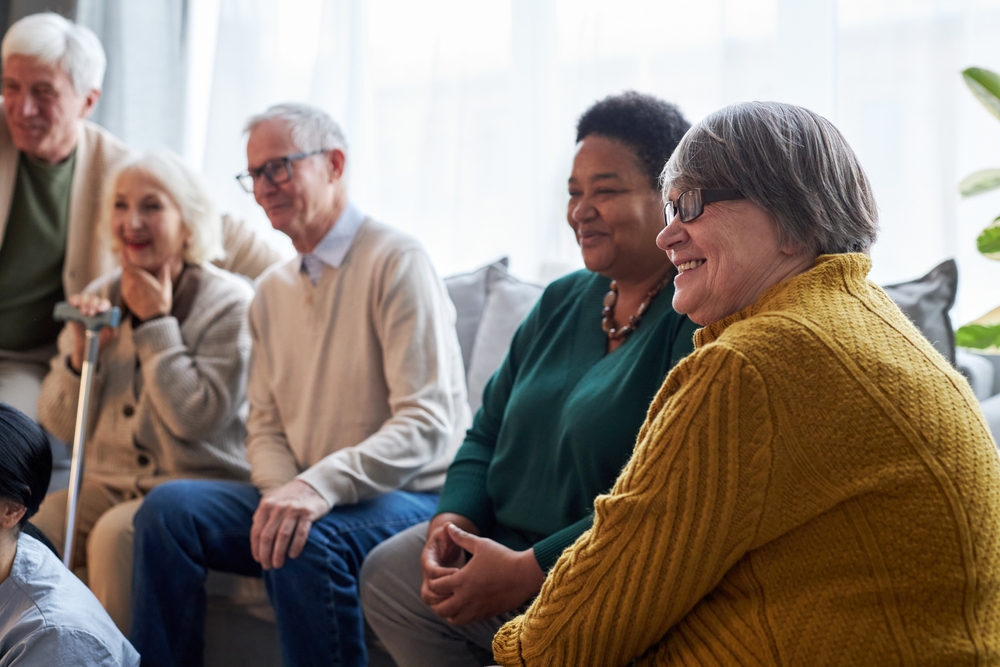Lung Changes With Age: Capacity and Normal Respiratory Rate For Elderly Adults
Category:

Lung Changes With Age
Does age affect lung capacity? In most cases, yes, lung capacity decreases over time. So why is lung capacity decreased in the elderly? The following changes can occur in your lungs as you age:
- Airways can get smaller.
- Air sacs may lose their shape.
- Your diaphragm can get weaker, preventing you from fully breathing in and out.
- Muscles near your airways may lose their ability to keep the airways completely open in order to fill.
- Rib-cage and posture-related changes can leave less room for your lungs to expand.
- Nerves in the airways for coughing may become less sensitive and cause your lungs to collect particles.
There are numerous ways to measure lung capacity to see how your breathing changes over time. Consult a doctor if you are concerned about any lung-related changes.
Preventing Age Related Changes in the Respiratory System
The respiration rate for elderly adults differs based on living situation and health. For example, the normal respiratory rate for elderly individuals living independently is 12-18 breaths per minute while it is 16-25 breaths per minute for those needing long term care.There are a few ways to mitigate the effects of aging on the respiratory system on your own. Here are some tips to work on lung capacity and respiratory rate at home.
Quit Smoking
Smoking narrows lung passages, causes chronic inflammation, and is the leading cause of lung cancer and chronic obstructive pulmonary disease (COPD). Talk to doctor or check out these resources to begin your journey to quit.
Avoid Exposure to Pollutants
Test your home for radon, which can affect indoor air quality and cause lung cancer. Also, keep your home and car smoke-free zones.
Protect Yourself From Infection
Wash your hands regularly. Get vaccinated every year for influenza, and avoid large groups of people during cold and flu season.
Exercise! Exercise! Exercise!
Aerobic and muscle strengthening activities can strengthen your diaphragm help lung capacity. Always speak with a doctor before beginning a new vigorous exercise program as an older adult.
Practice Good Posture
The way you stand or sit will affect how much air your lungs can hold. Focus on sitting up or standing straight to expand your lungs, and you can even try reaching your arms above your head to further increase lung capacity.
Perform Belly Breathing
This exercise will make the diaphragm stronger over time and cause you to breathe more air in and out. Place your hands or a small object on your belly, if needed, to stay focused. Breathe in through your nose until your lungs are full and then breathe out through your mouth. Focus on the rise and fall of your stomach as you breathe.
Practice Pursed-lip Breathing
This exercise keeps air passages open for longer periods of time, holds air in the lungs, keeps lungs expanded, and trains your body to breathe more often through the nose. Slowly breathe in through your nose and when your lungs are full, purse your lips and breathe out slowly through the mouth. The goal is to take twice as long to breathe out as you did to breathe in.
Subscribe
Date: 2019-04-02
Category:


